We're loading the full news article for you. This includes the article content, images, author information, and related articles.
Following Raila Odinga's death, his youngest daughter, Winnie, has emerged as a formidable new voice, challenging the old guard and forcing a succession battle that could redefine Kenya's opposition politics ahead of the 2027 general election.

NAIROBI - In the month since the death of veteran opposition leader Raila Odinga, his youngest daughter, Winnie Odinga, has decisively stepped into Kenya's turbulent political arena. Her recent, assertive pronouncements have ignited a succession battle within the Orange Democratic Movement (ODM) and signaled the potential rise of a new generation of leadership in a political landscape long dominated by established figures. Her actions are forcing a critical re-evaluation of the future of the Odinga dynasty and the strategic direction of opposition politics in Kenya and the wider East African region.
Winnie, 35, who currently serves as a Member of the East African Legislative Assembly (EALA), has moved from a behind-the-scenes strategist for her father's campaigns to a central figure in the unfolding drama over ODM's future. During the party's 20th-anniversary celebrations in Mombasa on Saturday, November 15, 2025, she publicly questioned the capacity of the party's current leadership to manage its complex relationship with President William Ruto's government. "That relationship is complicated, and the people taking upon themselves to manage it now, are they capable?" she asked, before calling for a National Delegates Convention (NDC) to allow the party's grassroots members to determine its future.
This bold challenge was widely interpreted as a direct critique of the old guard, including her uncle and newly appointed interim party leader, Senator Oburu Oginga. Oburu Oginga, in his address, sought to manage the public family disagreement, stating he would discuss the matter privately with his niece. "I want to tell Winnie that we will speak about that in private, at home," he remarked, while insisting that Raila had left the party within the 'broad-based government' arrangement.
The public divergence between niece and uncle highlights a deep schism within ODM, a party that for two decades has been synonymous with Raila Odinga's persona. Following his death on October 15, 2025, the party has fractured into at least two discernible camps. One faction, which includes Oburu Oginga and senior figures like Mining Cabinet Secretary Hassan Joho and National Assembly Minority Leader Opiyo Wandayi, advocates for continuing the cooperation with President Ruto's administration. Another group, comprising Secretary-General Edwin Sifuna, Siaya Governor James Orengo, and younger, more fiery politicians like Embakasi East MP Babu Owino, is pushing for the party to reclaim its traditional role as a robust opposition force.
Winnie Odinga has aligned herself with the latter, warning against backroom deals that could compromise the party's identity. "ODM was not born in a bedroom, so its future will not be discussed as pillow talk," she declared in Mombasa, alleging that some individuals were attempting to "sell our party at night." Her stance has been praised by younger ODM members and supporters who are wary of the party's co-option by the government. Mumias East MP Peter Salasya publicly endorsed her, stating, "The spirit of Baba is with this young girl. I want to see her in Kenyan politics fully. She has got what it takes to lead ODM."
Winnie Odinga's emergence inevitably raises the contentious issue of political dynasties in Kenya, a topic that has dominated public discourse for decades. The Odinga family has been a political force since independence, starting with her grandfather, Jaramogi Oginga Odinga, Kenya's first Vice President. Critics argue that her rise is a continuation of inherited political influence, which could stifle meritocracy within the opposition. However, supporters view her as a legitimate political actor, pointing to her education in political science from Drexel University and her years of experience managing her father's political communications.
Her role in the EALA, while providing a platform for regional engagement, has been a subject of debate. In a candid interview in May 2025, Winnie herself described the regional assembly as being on its "deathbed" and questioned its effectiveness, suggesting a desire for a more impactful role in domestic politics. DETAILS UNCONFIRMED regarding specific bills or legislative initiatives she has championed in the assembly. Her focus, however, has been on youth empowerment and regional integration, themes she continues to articulate.
Political analysts remain divided on her prospects. Professor Macharia Munene of the United States International University-Africa has noted the immense challenge of filling Raila Odinga's shoes, suggesting the power vacuum could even allow President Ruto to exert influence over the party's direction. Analyst Barrack Muluka has observed that for the Odingas, "politics is in your DNA," but acknowledges that Winnie must carve her own path and demonstrate leadership beyond her family name.
As Kenya looks toward the 2027 general election, the battle for the soul of ODM carries significant implications. A weakened and divided opposition would clear the path for President Ruto's re-election, while a revitalized ODM under new leadership could present a formidable challenge. Winnie Odinga has positioned herself as a catalyst for change, but whether she can unify a fractured party and inherit her father's vast political empire remains a subject of intense scrutiny and further investigation. The upcoming National Delegates Convention, which she has championed, will be the first major test of her political clout and the future direction of one of Kenya's most significant political movements.
Keep the conversation in one place—threads here stay linked to the story and in the forums.
Sign in to start a discussion
Start a conversation about this story and keep it linked here.
Other hot threads
E-sports and Gaming Community in Kenya
Active 9 months ago
The Role of Technology in Modern Agriculture (AgriTech)
Active 9 months ago
Popular Recreational Activities Across Counties
Active 9 months ago
Investing in Youth Sports Development Programs
Active 9 months ago
Key figures and persons of interest featured in this article
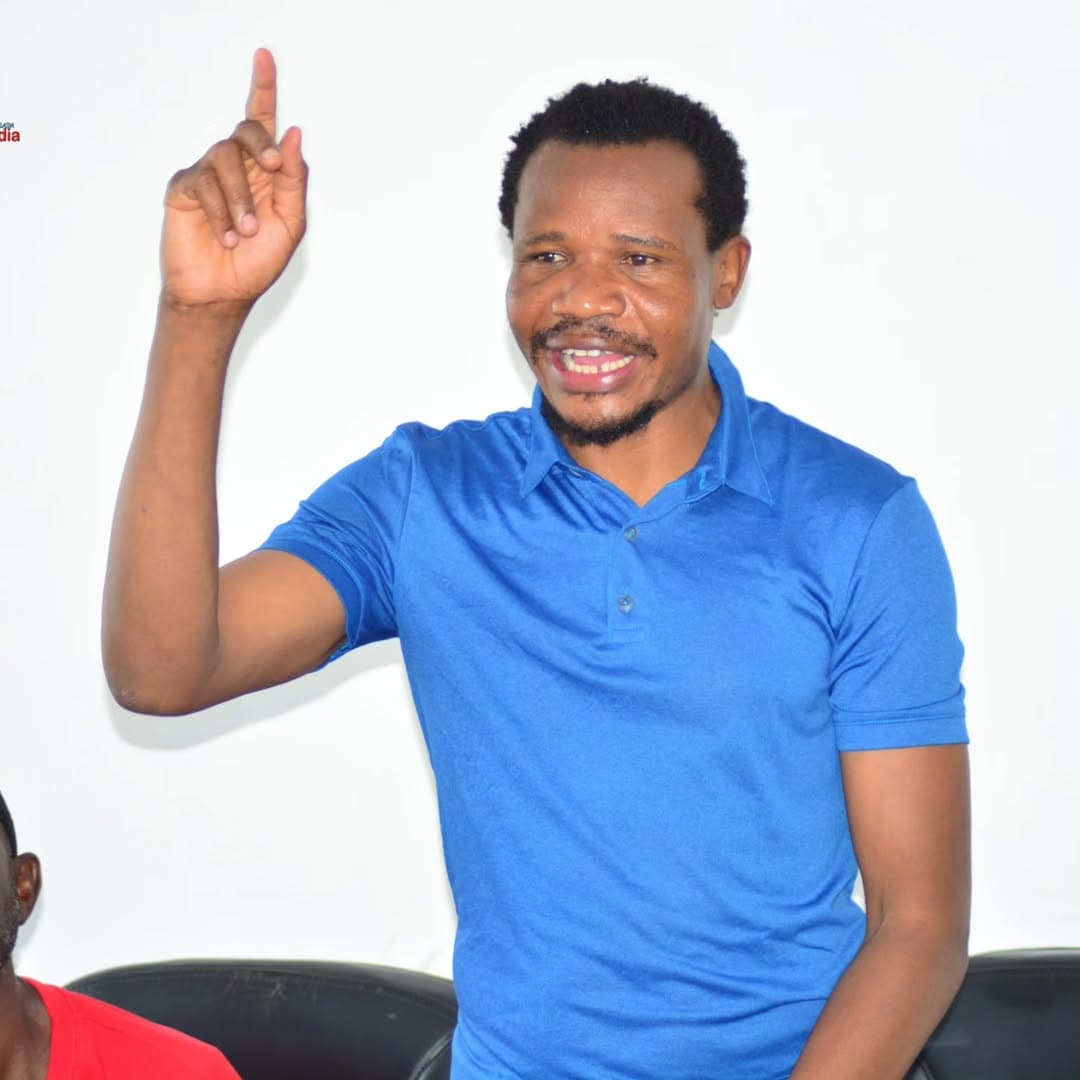
Member of Parliament, Mumias East
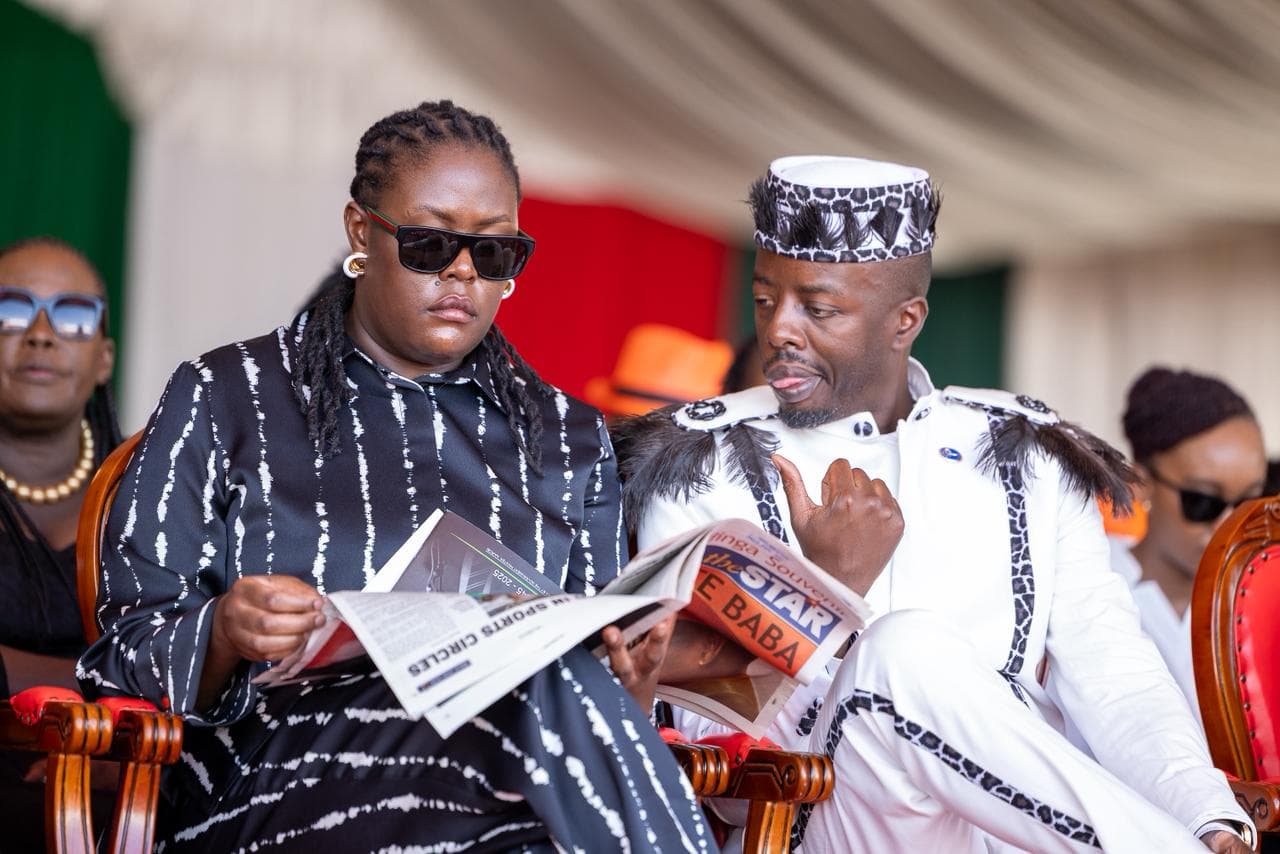
Member of EALA & Political Strategist
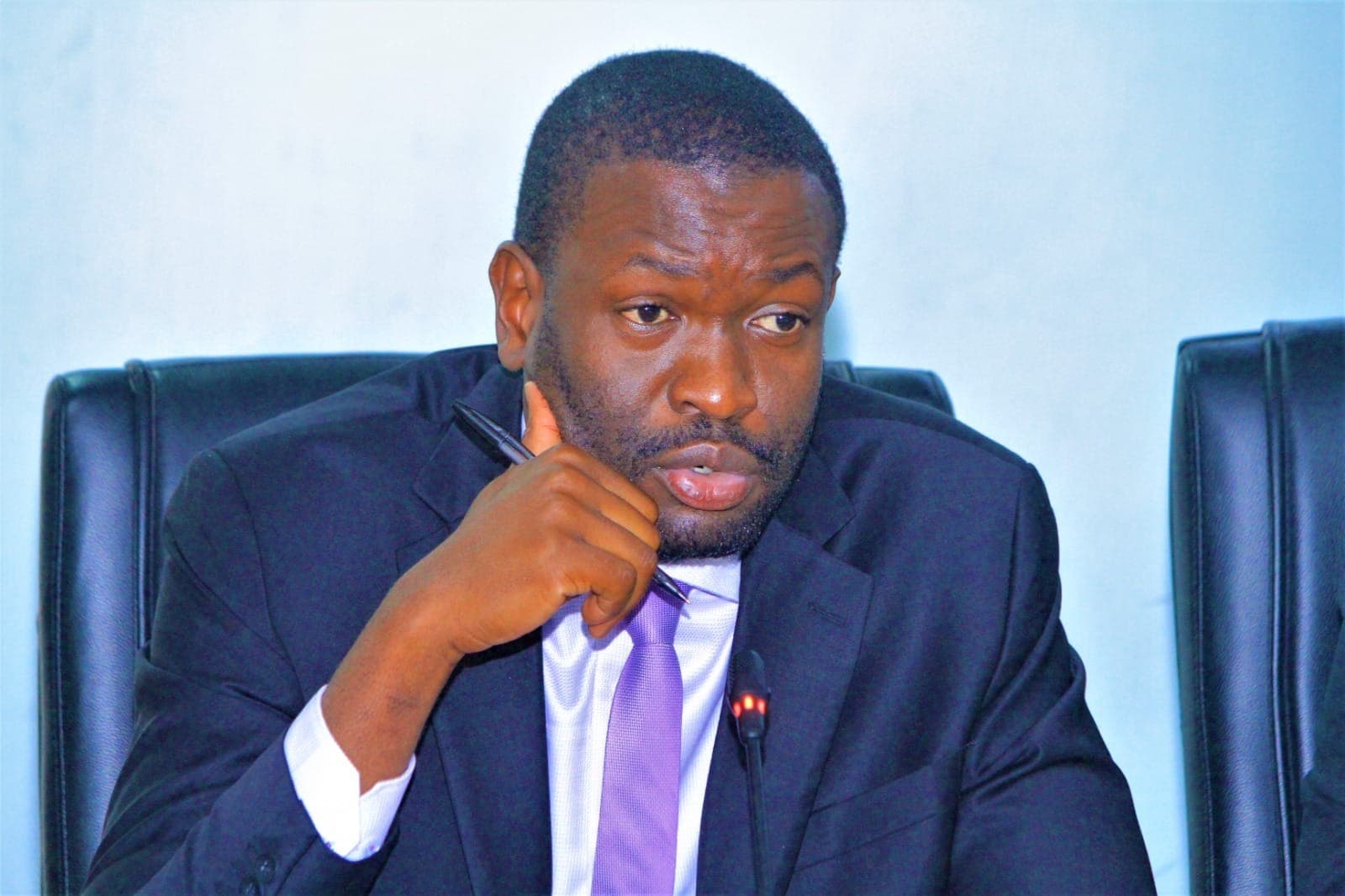
Senator for Nairobi County
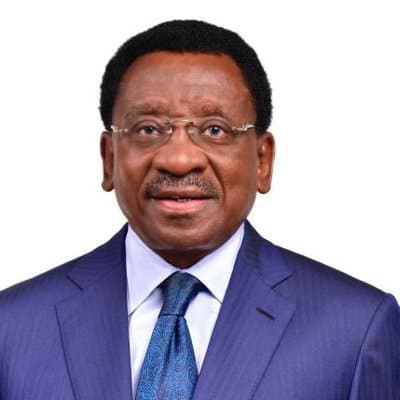
Governor of Siaya County
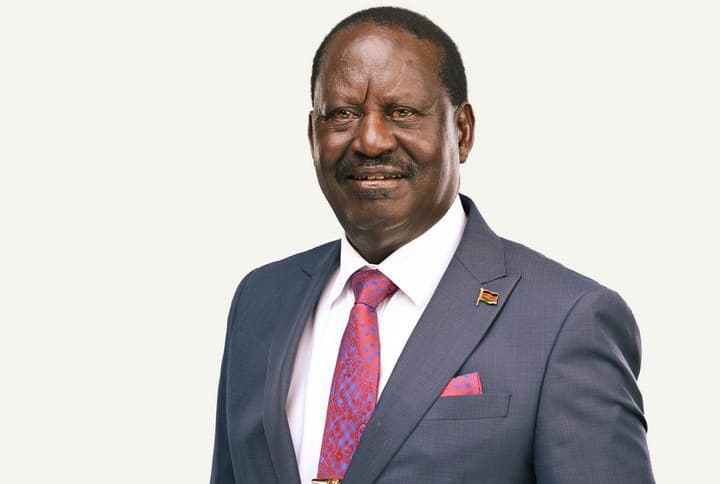
Leader of the Opposition
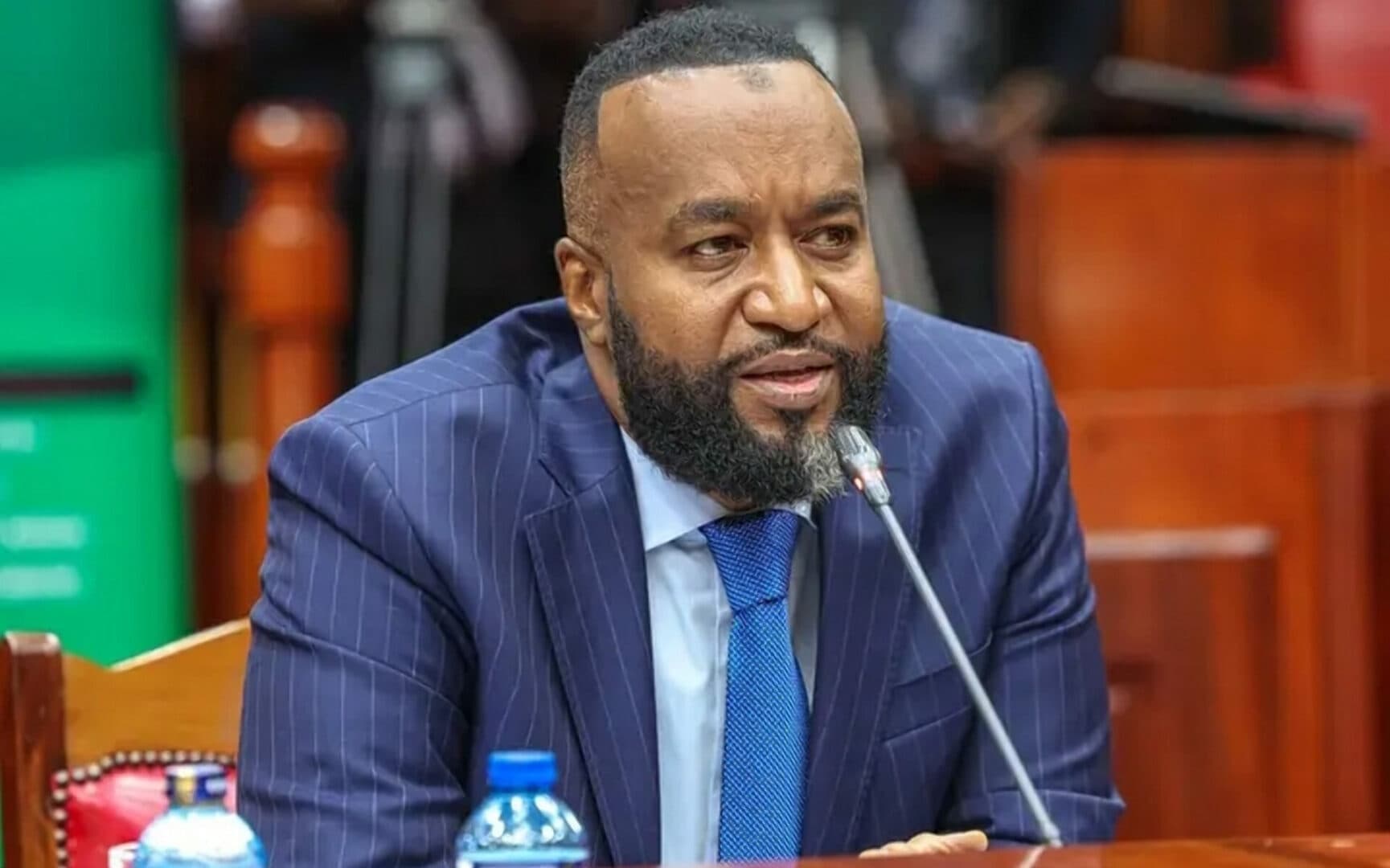
Cabinet Secretary for Mining, Blue Economy and Maritime Affairs